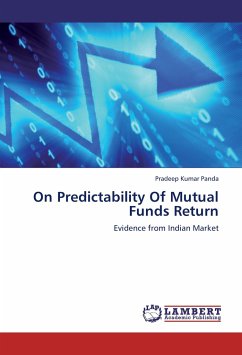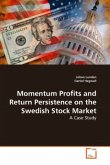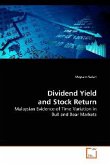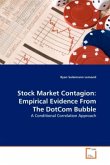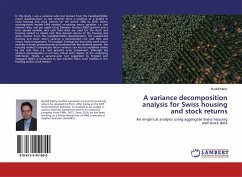Predictability of stock returns has always been of great interest to both financial practitioners and academics. This book provides an extensive review of empirical literature on the return predictability as well as the debates about the implications to orthodox market-efficiency theory. The book also involves an empirical research of the predictability using a dataset of Australian industrial stocks. The book starts with an examination of time-varying systematic risks of Australian Industrial portfolios. Further, a Bayesian dynamic-forecasting model is employed to examine the explanatory power of economic and financial information publicly available. In the out-of-sample analysis, a maximally predicted portfolio (MPP) is constructed and market timing and industry rotation strategies are adopted to test the profitability. The results presented are of particular interest to investment and academic community especially those with a focus of risk management and industry analysis.


